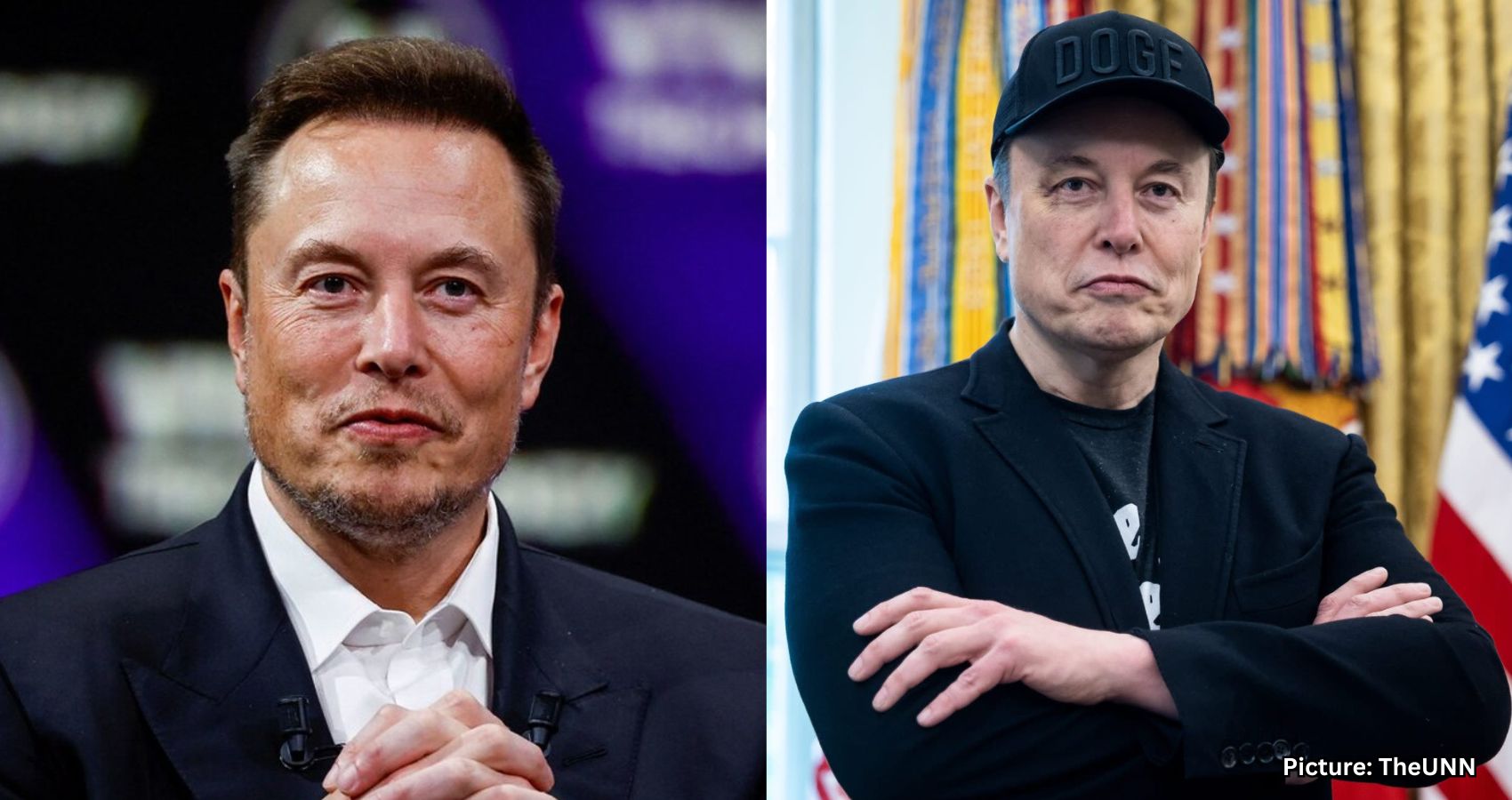Elon Musk defended his proposed $1 trillion compensation package during a recent earnings call, criticizing advisory firms that oppose it and raising questions about corporate governance.
Tesla CEO Elon Musk recently faced backlash regarding his proposed $1 trillion compensation package, which he defended during an earnings call on Wednesday. Musk referred to two shareholder advisory firms that opposed the package as “corporate terrorists,” highlighting the contentious nature of the discussion.
According to reports from Bloomberg, Musk addressed the compensation proposal at the conclusion of Tesla’s earnings call. He emphasized the need for sufficient voting control to exert influence while also acknowledging the necessity for accountability, stating, “But not so much that I can’t be fired if I go insane.” His remarks came in response to one advisory firm’s “unmitigated concerns” about the pay plan.
The controversy surrounding Musk’s compensation began following a landmark 2024 ruling by a Delaware court that invalidated his original $56 billion pay package. The court determined that Tesla’s board of directors had failed to demonstrate the fairness of the plan, raising issues regarding the board’s independence and the approval process. Although shareholders initially approved the compensation, the court found that the board had not adequately negotiated or justified the package, leading to significant questions about corporate governance.
In light of the court’s decision, Tesla’s board awarded Musk an interim pay package valued at approximately $29 billion, which consists of 96 million shares. This interim package is contingent upon Musk maintaining a key executive role within the company, such as CEO. However, the situation escalated when, by late 2025, proxy advisory firms like Institutional Shareholder Services (ISS) and Glass Lewis recommended that shareholders vote against Musk’s proposed new $1 trillion pay package. Their objections were primarily based on the unprecedented size and structure of the compensation, which many perceived as excessive and misaligned with shareholder interests.
Tesla’s board has publicly disagreed with these advisory firms, urging shareholders to support Musk’s compensation plan. They argue that the package is designed to incentivize Musk to continue leading Tesla’s ambitious growth and innovation initiatives, underscoring the CEO’s critical role in maintaining the company’s market position.
This ongoing debate over Musk’s compensation has broader implications for corporate governance, executive pay standards, and investor confidence. It raises essential questions about the limits of executive rewards, the role of independent boards in negotiating compensation, and the influence of proxy advisory firms in corporate decision-making.
As of late 2025, Tesla’s stock price remains sensitive to these governance issues, reflecting the investor community’s close scrutiny of executive compensation practices. The controversy surrounding Musk’s pay package serves as a high-profile example of the challenges in balancing executive incentives with shareholder interests in today’s corporate landscape.
For Musk, this issue transcends mere financial compensation; it touches upon his leadership role and the broader question of the extent of power a CEO should wield. The legal challenges and shareholder opposition highlight the difficulties he faces in reconciling his ambitions with governance standards and investor expectations. Ultimately, the outcome of this controversy could significantly impact Musk’s future with Tesla, influencing his ability to lead and innovate. Furthermore, this debate may set a precedent for other high-profile CEOs navigating similar compensation disputes in the future.
Source: Original article

